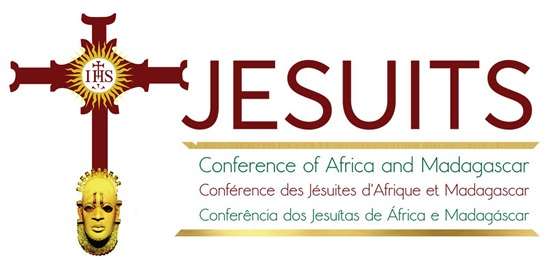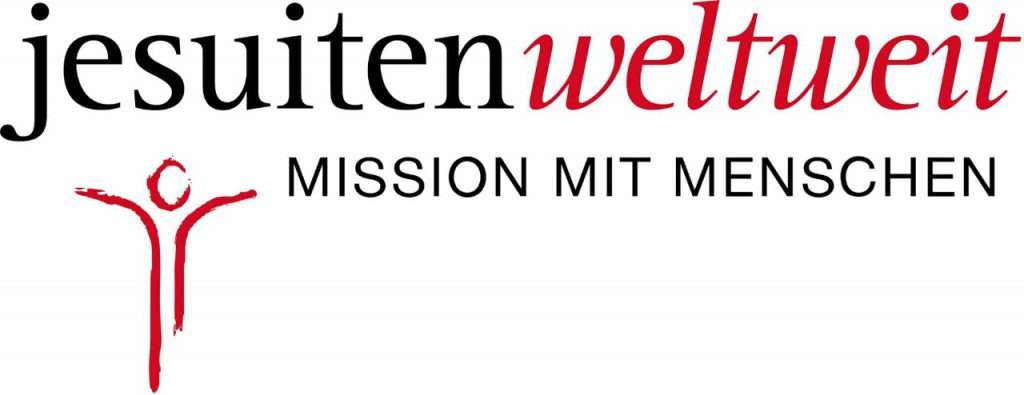OUR TEAM
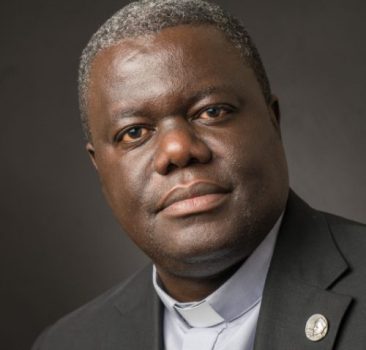
R.P. José Minaku Lukoli, SJ
PRESIDENT OF THE JESUIT CONFERENCE OF AFRICA AND MADAGASCAR (JCAM)BOARD OF DIRECTORS
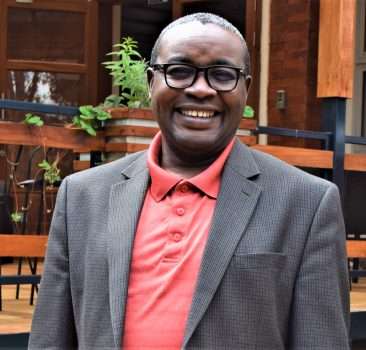
Fr. Anyeh, John the Baptist SJ
Socius, Admonitor and Consultor to JCAM President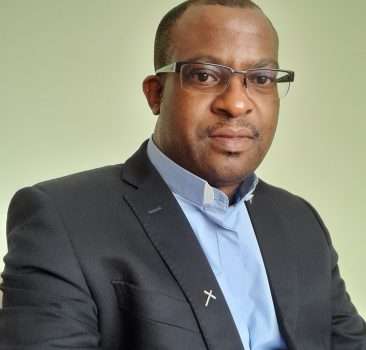
FR. MATAMBURA ISMAEL SJ
DIRECTOR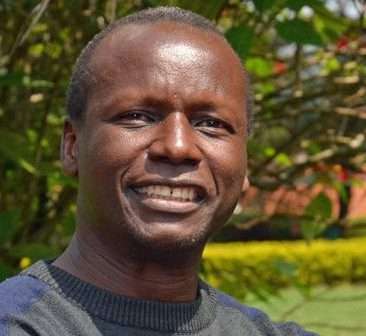
Rev. Kizito Kiyimba
PROVINCIAL FOR EASTERN AFRICA PROVINCE
FR. MATAMBURA ISMAEL SJ
DIRECTORAJAN SECRETARIAT
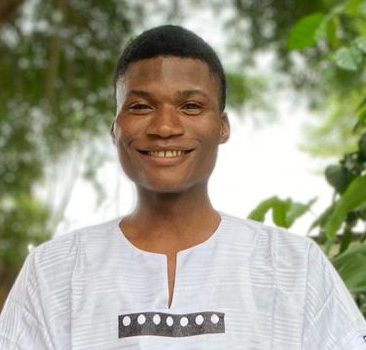
AGI PETER ONAH, SJ
REGENT AT AJAN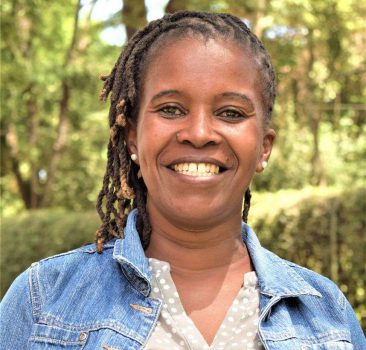
JOYCE WANJALA MBULA GITHAE
Accountant-Jesuit Conference of Africa and Madagascar (JCAM)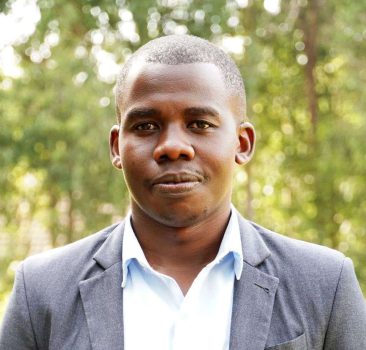
Dennis Owuoche Shadrack
COMMUNICATION AND RESEARCH OFFICER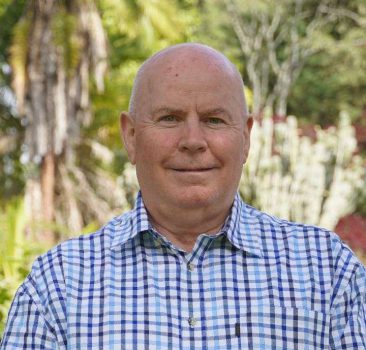
Fr. Paul C. Hamill SJ
Treasurer and director JCAM development Office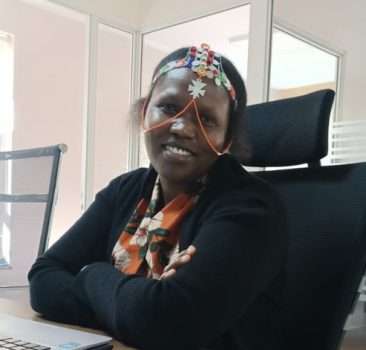
PASCALIA SERGON
CAPACITY BUILDING OFFICERVOLUNTEERS
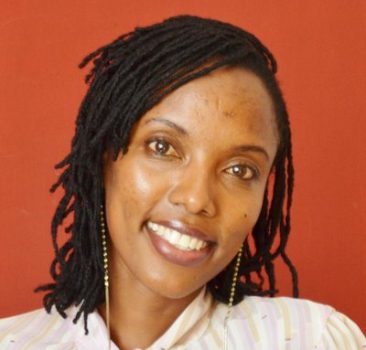
MS. SAMANTHA WAKI
VOLUNTEER
MR EULOGE VIHO
VOLUNTEER
Johnfisher M. Ondigo
VOLUNTEER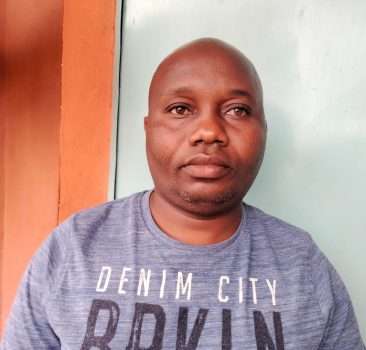
Mr Stephen Arodi
VOLUNTEER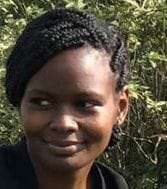
Ms. Rosemary Thungu
VOLUNTEERAJAN NETWORK FUNCTIONAL LEVEL
The AJAN affiliated field centres are located within communities in about 17 countries in Africa and they work with the AJAN secretariat situated in Nairobi. At the level of the field projects, Jesuits and their collaborators tackle the HIV epidemic from various angles. These comprise interventions that tackle HIV & AIDS at the various levels of those affected and infected. These responses include medical care for those infected, nutritional support, care for vulnerable and orphaned children, care for victims of gender-based violence, economic empowerment projects, psychosocial support, pastoral care and HIV prevention for the youth, youth education and empowerment. AJAN centres exist in 17 countries in Africa. They work to mitigate the impact of AIDS epidemic and limit its spread, and promote life to the full among populations infected and affected. Some centres go beyond HIV/AIDS to tackling other ongoing and emerging diseases such as leprosy, hepatitis, and pandemics such as COVID19.
Its work is help Jesuits in each African country they are in to respond to HIV and AIDS by bringing those involved together into a taskforce or working-group, and then developing an appropriate social ministry that is deeply rooted amongst those who suffer, that accompanies those who care for them, that is sensitive to the local culture, faith and spirituality, and that collaborates widely with others. Secondly, to bind these national working-groups step-by-step into an effective continental Jesuit Network with its own voice and ability to act in a coordinated fashion. Thirdly, to develop good relations of co-operation with many other groups and associations, and with the larger church and Society of Jesus, relationships based on a sharing of information, expertise, financial and other resources.







